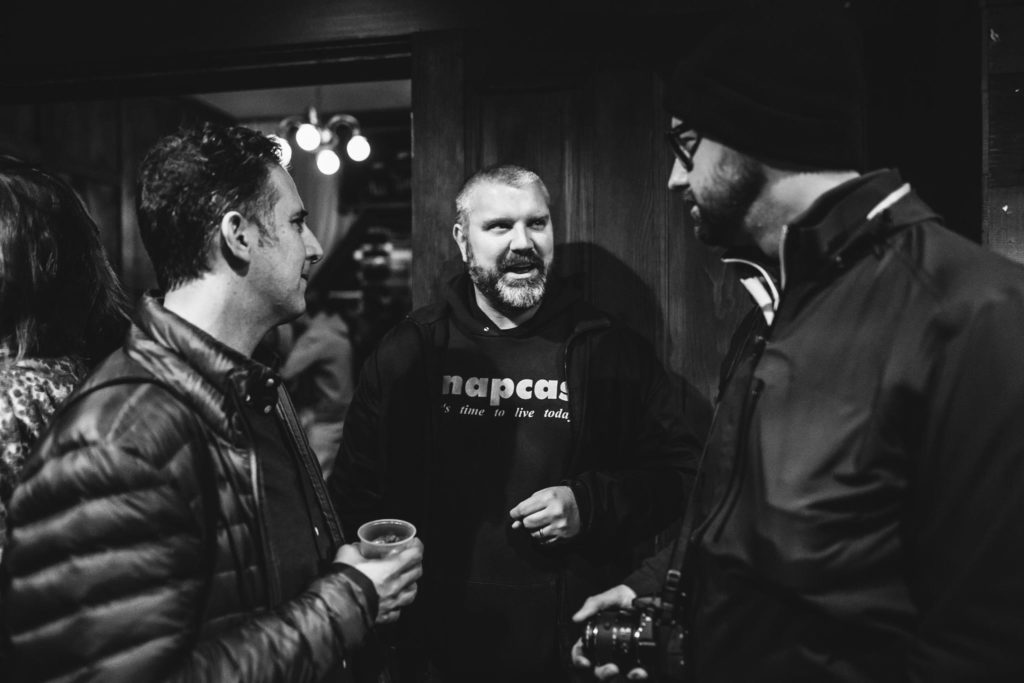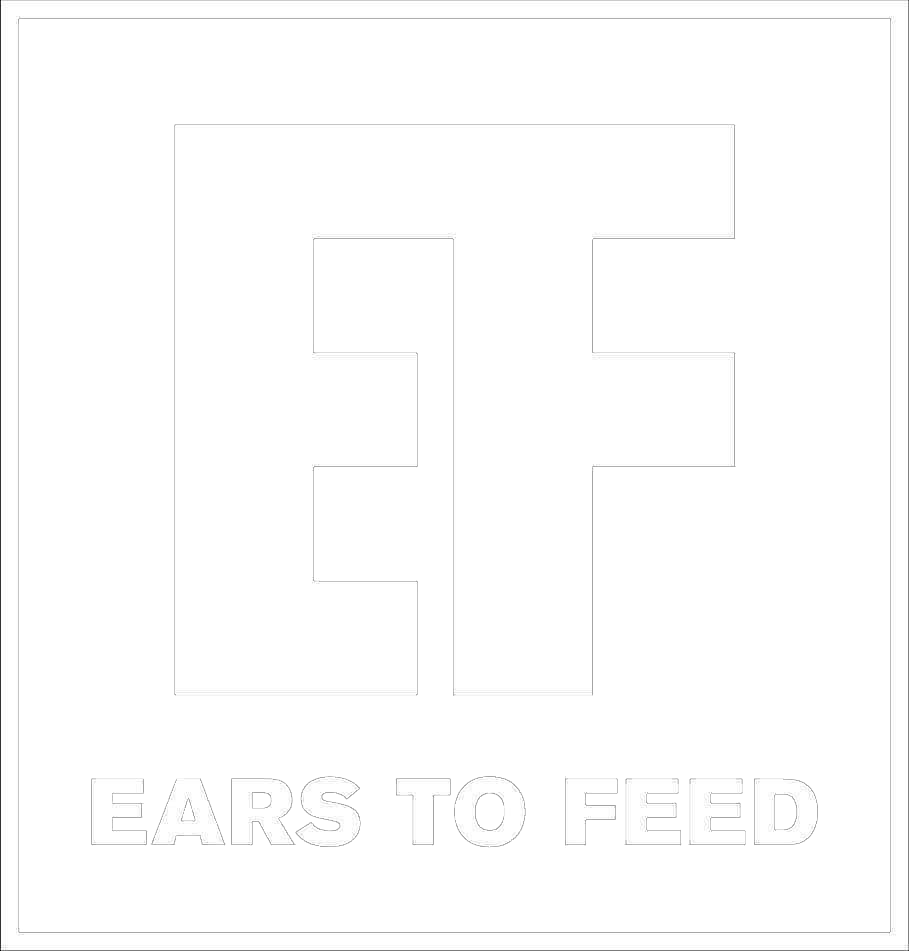Considering his track record, Graham Williams is nothing short of a visionary when it comes to navigating an ever evolving music industry. After working as a talent buyer for close to a decade in the late 90’s at beloved music venue Emo’s in Austin, Texas, Williams partnered with James Moody, owner of downtown music venue the Mohawk, to start Transmission Events which paved the way for the annual music and comedy festival Fun Fun Fun Fest.
After Transmission was sold to an investor, Williams launched Margin Walker Presents in 2016, Texas’ largest independent promotional company which has led the way for booking national and international acts across the state and has since established an essential role in the live music ecosystem. “2019 was our busiest year in live music, as far as touring,” states Williams, boasting upwards of 900 shows that year within the state. Naturally it came as a surprise when SXSW announced their cancellation last year in March and shows that had been booked far in advance subsequently fell through.
The first to be furloughed were marketing and settlement staff, bringing Margin Walker’s original team of just over a dozen members to an even smaller and tightly knit group. Weekly Zoom meetings aided in the rescheduling of tours and business affairs along with all the new obstacles that working from home instead of their central Austin office space entailed.

Amidst the uncertainty at the start of the pandemic, Margin Walker helped to boost and promote other bands’ shows as well as crafted their own livestreaming events – including sets by venerable acts like Black Pumas and Shakey Graves, with the aid of Texas Lottery coming on board as a sponsor. Streamed in abandoned ghost towns and utilizing creative camera angles, the virtual shows veered away from many of the generic living room and patio sets, yet the team realized livestreaming wasn’t going to be sustainable for them in the long term.
Much of the funding and financial relief provided locally and nationally was geared towards live music venues rather than independent companies and it became a riskier gamble to keep borrowing money with no clear end to the virus in sight. “Why keep paying rent when we didn’t know if this was going to keep up for three months or three years”, Williams poses. “If we all want to do this in the future, we need to figure out a way how to do that when it’s right rather than when we have this sinking boat […] and we’re just pulling water out of it trying to keep it afloat when it’s clearly going the way it’s going.”
Despite the official closure of Margin Walker on December 14th, 2020, Williams states that if there was ever an ‘ideal’ time to close, it would be when the rest of the music industry is on hold. “I think it’s the perfect time to get back into something with new ideas, new concepts and more to offer everybody,” he asserts. “The downtime has given us an opportunity to re-think things and make better business and moral decisions, like how we want to present what it is we do to the community we’re part of.”
The drawbacks of a rapidly paced booking and promotion environment can often mean sacrificing opportunities that might be better for the business in the long run, or at least not having the time to step back and look at the grand picture. “At the time we were moving so quickly, at least the way we did shows,” remembers Williams. “We had so many things that were constantly going on sale […] It was just a constant flow of business. That was good because we were busy and [it’s] something we all enjoy doing but it’s hard to step back and say, ‘what can we do differently?’”
With the vaccine rapidly rolling out across the states, Williams has noticed an influx of national tours being scheduled and the possibility for venues to start opening after being shuttered for the last 14 months, especially with those that have the flexibility to open in an outside stage capacity. With rates of cases varying from location to location, we’re likely to still see some adjustments made to touring schedules but allowing more fluidity towards local and regional shows. “If there’s a spike or some things are a little weird then they [can] say, ‘well, we have to do this in August instead of July’, and it’s a lot easier to do that than cancelling an entire tour,” emphasizes Williams. While there’s still much uncertainty left in the air when it comes to predicting the future of live music, we at least rest assured knowing that Williams’ capability and determination to continue to carve out a significant piece in the future of the music industry can give our undeniable urge to celebrate together on the dance floors again some much needed solace.
This interview has been edited for clarity.
